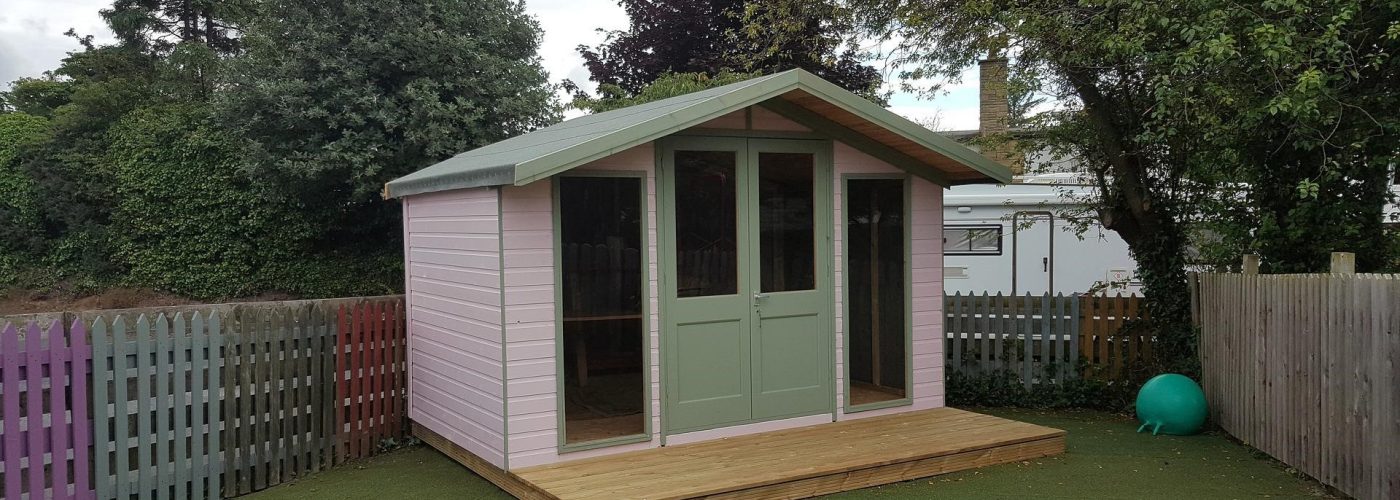Timber cladding comes in a wide variety of species and finishes, making it confusing to choose the best one for your shed or garden room. The ideal choice would be able to blend beauty with durability. In addition, you’ll want to pick cladding that can stand the test of time. Durable materials may be expensive, but they add better value to your investment. Here are some of your best options in terms of profiles and materials.
Profiles
- Shiplap. Ideal for rainy climates, shiplap is a popular cladding profile that exudes timeless, versatile style. It is installed horizontally, with overlapping panels and lips that interlock to create a flat surface for weather resistance.
- Log lap. Log lap cladding resembles a log cabin for a rustic appeal. That means the outer profile of the timber boards is that of a log, and the weather resistance is almost the same as shiplap.
- Feather-edge. Also called weatherboarding, this profile uses a sawn board that is cut diagonally to produce tapered, overlapped panels similar to roof tiles. It is also fitted horizontally and is traditionally used for cladding homes.
- Tongue and groove. Ideal for larger sheds, this profile uses boards built from planks that slot into each other, leaving no gaps since they are interlocking. It is solid and durable and creates flat walls. This type of construction produces strong cladding among the four, though it is more costly. It is not recommendable for wet climates as it traps water inside the connections.
Materials
- Western red cedar cladding. Cedar is durable, slowly grown, and available in various colours, from brown to red. Among North American softwood, it has one of the most extended lifespans. It is lightweight and easy to work with. It produces long, clear timber with natural, straight grains. It makes an excellent exterior cladding because it is attractive, stable, and durable.
- European oak cladding. Oak has long been used for cladding because of its durability compared to other hardwoods. It has a distinct grain with silver grain. Oak is a lovely cladding material for it is straight-grained. In addition, it is durable and low-maintenance, making it a popular choice for garden sheds or garden rooms.
- Siberian larch cladding. Siberian larch is also a durable cladding option for gardens because it is resinous. The clear annual rings account for stunning panelling, and the colour varies from pale yellow to dark brown. It is highly dense, making it more stable. It is regarded to have a nice finish, so you can stain it or leave it untreated.
- Lunawood cladding. Lunawood is built using thermal modification, a process that uses steam and high temperature. It results in natural, chemical-free timber that can be recycled safely. It is also stable and durable and comes in a dark brown shade.
Conclusion
Wood is the most popular material for garden sheds and rooms because of its natural appeal, durability, insulation property, and sustainability. In choosing the type of timber cladding, the cost, durability, and appearance are primary considerations. The abovementioned material options are recommendable because they can combine these three factors. When choosing the cladding profile, consider the climate in your location.
Building Design and Construction Magazine | The Home of Construction & Property News





